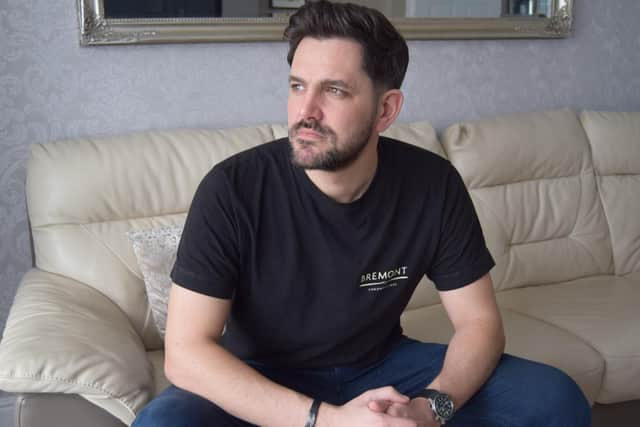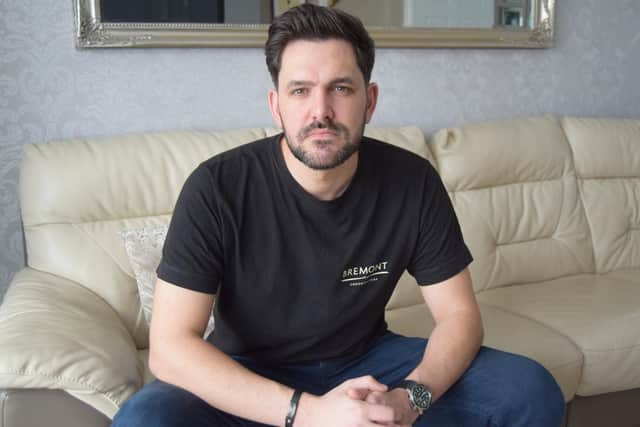Star of TV’s Hunted who served two tours of Iraq says we ‘are failing the British troops that have served this great nation’


Jordan Wylie, 35, who is now a best-selling author and chases fugitive contestants on Channel 4’s reality show Hunted, saw several friends killed while serving with the King’s Royal Hussars and was later diagnosed with severe depression and anxiety.
He said: ‘For me, we are failing our own people. We are failing the British troops that have served this great nation. It is an absolute tragedy that veteran suicides are happening.’
Advertisement
Hide AdAdvertisement
Hide AdJordan said he can empathise with veterans who ‘feel there is no way out’, and called on people to be more open about their mental health.


Though Jordan, who grew up in Blackpool but who now lives in Hampshire, said his mental health issues came after the breakdown of a personal relationship, he said opening up about the horrors of war helped him cope with what he saw.
‘I went to very low places and I can empathise with people who thinks there’s no way out,’ he said. ‘A problem shared is a problem halved.
‘I found two things helped. One was talking to people and sharing my thoughts and challenges; I found talking to other soldiers was a good way to deal with things.
Advertisement
Hide AdAdvertisement
Hide Ad‘But, also, I found exercise helped. I like to go running on my own.’


Jordan, who went on to work in private security, battling Somalian pirates, and has completed a number of high profile charity adventures, including a marathon through Afghanistan, said he keeps the memories of eight fallen comrades alive whenever he gives talks and that war taught him how precious life is.
He said: ‘I believe in a theory of post-traumatic strength. I think the things I saw and experienced made me a better person.
‘I value relationships better, and respect people more, and I respect the concept of life more. I have lost friends who would give anything to have another day on Earth.
Advertisement
Hide AdAdvertisement
Hide Ad‘A lot of my friends won’t talk about it and lock it away. They see it as a negative but I see a lot of things as negative experiences I can take positives from.”
He continued: “I say to people, when I talk on mental health issues, that everybody has a bit of depression and anxiety in them. Some people talk about it and manage it; it eats other people up.
‘Mental health in general still has a lot of stigma attached to it. Blokes want to appear tough and hard, but when they are alone and in their headspace, the demons come out.’
Jordan, who now lives in Hampshire, also said he was ‘pigeonholed’ into a diagnosis of PTSD (post-traumatic stress disorder) by the NHS, and called for a change in narrative, saying the word ‘disorder’ should be dropped entirely and that stress is a ‘normal reaction’ for soldiers who see their ‘friends blown up and put in body bags’.